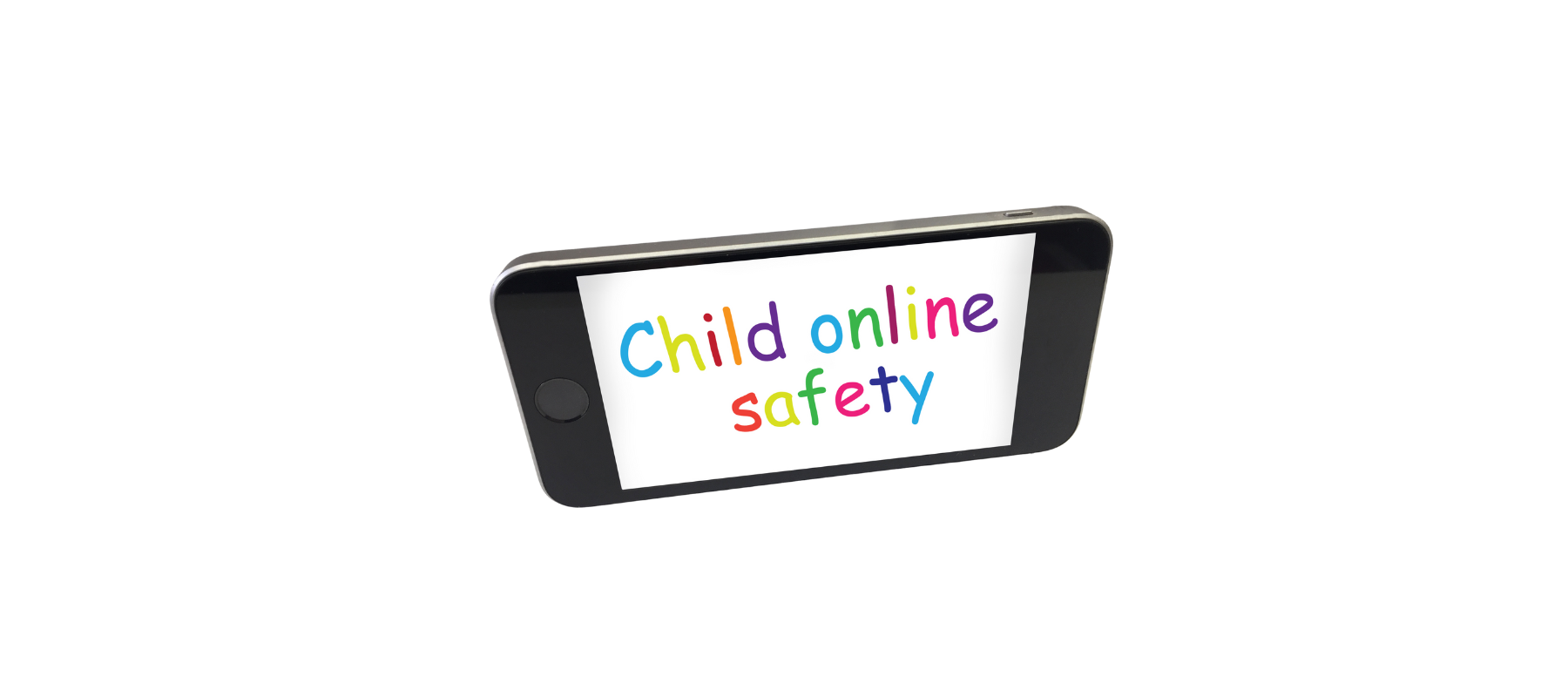
Parents nowadays tend to have many concerns about the amount of time their children spend with their gadgets and what content they consume online.
According to a recent survey by Kaspersky, 79% of parents surveyed in the Middle East, Turkiye, and Africa (META) region strive to have complete control over their children’s online activities, 15% of respondents activate their control only when needed, while only 6% tend not to get involved in their children’s digital life at all.
Parental worries arise not without reason. Kaspersky data for the META region shows that 54% of children have been exposed to violent content on the Internet; 18% of parents surveyed in the META region also reported alarming situations when unknown adults tried to befriend their children in the digital space. Another 25% even lost money as a result of their children’s online behaviour – including cases of accidentally downloading paid games, buying something online without asking permission, or experiencing an online scam.
To protect children from online threats, Kaspersky experts recommend a combination of technical and non-technical measures. Non-technical measures primarily include increasing digital literacy for both children and their parents, while technical measures assume using parental control programs. Some such programs allow parents to not only control screen time and track their children’s geolocation, but also to protect them from age-inappropriate content, including on YouTube.
“When it comes to children’s online safety, protection from inappropriate content plays a significant role. Our goal is to empower parents with the confidence that their children are safeguarded. We are honored and proud that our dedicated efforts in this regard are regularly acknowledged by independent testing organisations,” said Seifallah Jedidi, Head of Consumer Channel in the Middle East, Turkiye and Africa at Kaspersky.
Kaspersky advises parents and guardians to take proactive steps to protect their children online. Staying informed about emerging threats and actively monitoring kids’ online activities can help create a safer digital environment. Open communication about potential risks and establishing clear boundaries and guidelines are also essential to ensure their safety.
To support parents in introducing cybersecurity concepts, Kaspersky developed the Kaspersky Cybersecurity Alphabet, a book featuring key cybersecurity principles. This resource helps children learn about modern technologies, cyber hygiene rules, recognizing online threats, and identifying fraud. By reading the book together, parents can teach their children how to spot phishing websites, understand VPNs and QR codes, and grasp concepts like honeypots and encryption. A free PDF version of the book is available for download to guide families in building a cybersafe future.
Additionally, parents should install trusted security solutions to protect their children from downloading malicious files during online activities, such as gaming. Tools like Kaspersky’s digital parenting app, Safe Kids, offer effective protection against cyber threats in the digital world.
Follow us on WhatsApp, Telegram, Twitter, and Facebook, or subscribe to our weekly newsletter to ensure you don’t miss out on any future updates. Send tips to editorial@techtrendsmedia.co.ke



